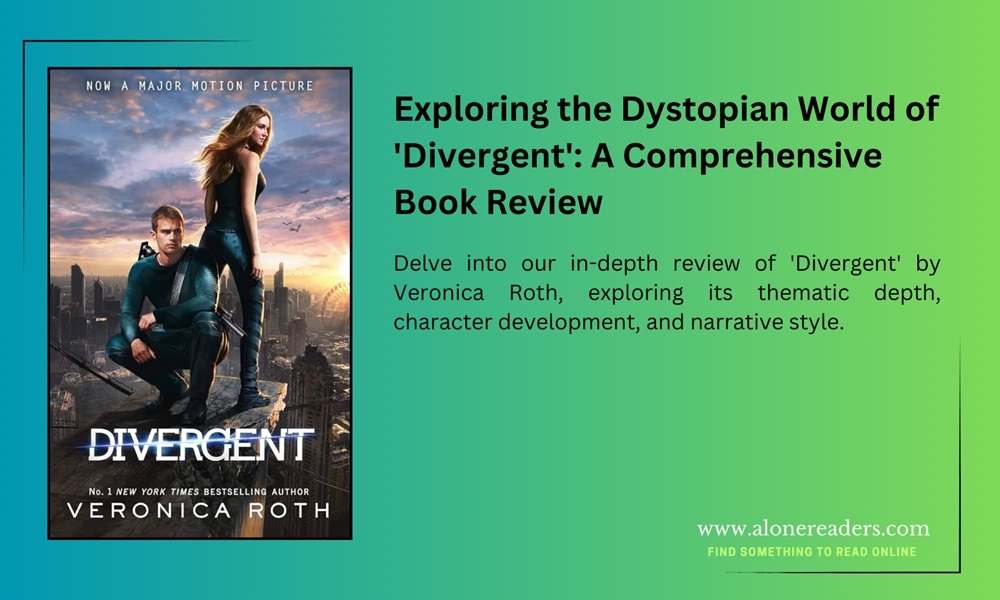
"Divergent" by Veronica Roth is a riveting exploration into a dystopian world where society is divided into five factions, each dedicated to cultivating a particular virtue. The novel, which marks the debut of a trilogy, introduces readers to a society attempting to maintain harmony through a rigid structure that ultimately challenges the very nature of human identity and freedom.
At the heart of the story is Beatrice 'Tris' Prior, a protagonist who is both relatable and inspiring. Tris, like every 16-year-old in her world, must choose a faction to which she will commit for the rest of her life. The novel opens with her choice and follows her journey through the brutal initiation process of her chosen faction, Dauntless, known for its bravery and fearlessness. Roth skillfully navigates Tris's internal conflicts, portraying her struggles with identity, loyalty, and love in a world where such feelings can be dangerous.
One of the most compelling aspects of "Divergent" is the societal structure Roth constructs. The five factions—Amity (peaceful), Candor (honest), Erudite (intelligent), Dauntless (brave), and Abnegation (selfless)—are not merely groups but embodiments of ideologies. Roth delves into how these ideologies interact, clash, and influence individuals, raising profound questions about personal identity versus societal roles.
The narrative style of "Divergent" is fast-paced and gripping, with Roth's writing striking a fine balance between descriptive prose and action. The pacing is particularly well-managed, ensuring that the reader remains engaged throughout Tris's journey. Roth doesn't shy away from darker themes, such as violence and psychological manipulation, which she handles with a maturity that adds depth to the narrative.
Character development in "Divergent" is another area where Roth shines. Tris's evolution from a tentative, unsure girl into a strong, decisive woman is compelling and believable. The secondary characters, too, are well-developed, each adding layers to the story. Characters like Four, Tris's mentor and love interest, and Jeanine Matthews, the antagonist, are particularly noteworthy for their complexity and contribution to the story's tension.
The romantic subplot between Tris and Four is tender and well-executed, providing a counterbalance to the novel's darker elements. Roth develops their relationship with a subtlety that feels authentic, avoiding the pitfalls of melodrama that often accompany young adult romances.
Thematically, "Divergent" is rich and thought-provoking. The concept of choice and its repercussions is a constant undercurrent throughout the book. Roth challenges the reader to consider the implications of a society that seeks to categorize and control its citizens under the guise of harmony. The tension between individuality and conformity, freedom and control, bravery and recklessness is masterfully depicted, making the reader question and reflect upon these dichotomies.
A minor critique of the book might be its occasional predictability, particularly in the latter sections where certain plot twists can be anticipated. However, this does not significantly detract from the overall enjoyment of the novel.
In conclusion, "Divergent" by Veronica Roth is a powerful and engaging entry into the young adult dystopian genre. With its strong character development, thought-provoking themes, and a well-paced narrative, it offers a compelling read for both young adults and adult readers alike. Roth has crafted a world that is both terrifying and fascinating, leaving the reader eager to delve into the rest of the trilogy to see how Tris's journey unfolds.